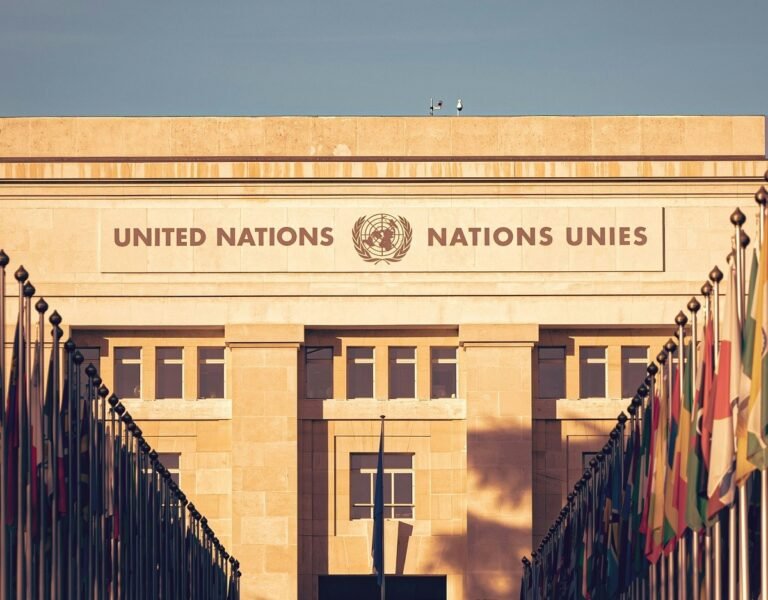The United Nations Economic Commission for Africa (ECA) has called on Africa’s policy makers to embrace digital tools which foster transparency, efficiency, and effectiveness, as such tools can fortify national planning initiatives across Africa.
This call was made during an e-meeting on “Leveraging Digital Technologies for Integrated Planning to Advance the SDGs and Agenda 2063 in Times of Multiple Crises,” held as a side event during the Tenth Session of the Africa Regional Forum on Sustainable Development (ARFSD-10).
The e-meeting, orchestrated by ECA’s Macroeconomics and Governance Division and the Office for Eastern Africa, served as a platform for discourse and collaboration towards leveraging digital technologies for advancing sustainable development agendas across Africa.
Deputy Executive Secretary of the UN Economic Commission for Africa, Mr. Antonio Pedro, emphasized the role of technology in bolstering development planning systems. He explained that while many countries excel in identifying their priorities through extensive stakeholder consultations, the sheer multitude of identified priorities often poses challenges to implementation.
To address this issue, the ECA introduced the Integrated Planning and Reporting Tool (IPRT), a web-based solution aimed at enhancing planning effectiveness. The IPRT endeavours to fortify planning systems by harnessing technology, enabling digital monitoring of national, provincial, and sectoral plans while aligning them with annual budgets and international commitments such as the SDGs and Agenda 2063.
Chief of Development Planning in ECA’s Macroeconomics and Governance Division, Bartholomew Armah, also spoke on the IPRT’s capability to facilitate integrated and clear planning. He noted that it can lessen the problem of disorganised planning of frameworks across various levels, and ensure harmony with global commitments.
“The IPRT signifies a significant advancement in integrating multiple development agendas into national plans, providing a unified approach to progress reporting,” Armah remarked.
Ms. Annette Griessel, the Deputy Director General of National Planning Coordination at the South African Department of Planning, Monitoring, and Evaluation (DPME), lauded the transformative impact of technology in reducing the development inequalities stemming from South Africa’s apartheid history. She commended the progress in reforming the planning system, aligning it with the SDGs and Africa’s Agenda 2063, which she termed as pivotal in constructing a capable developmental state.
The IPRT has already seen deployment in over 30 countries, with ongoing endeavours to expand its usage across the continent. It streamlines the tracking of performance on the indicators of national development plans, making the process more user-friendly.
Source: United Nations Commissions for Africa
By Derrick Kafui Deti – Digital Economy Magazine




